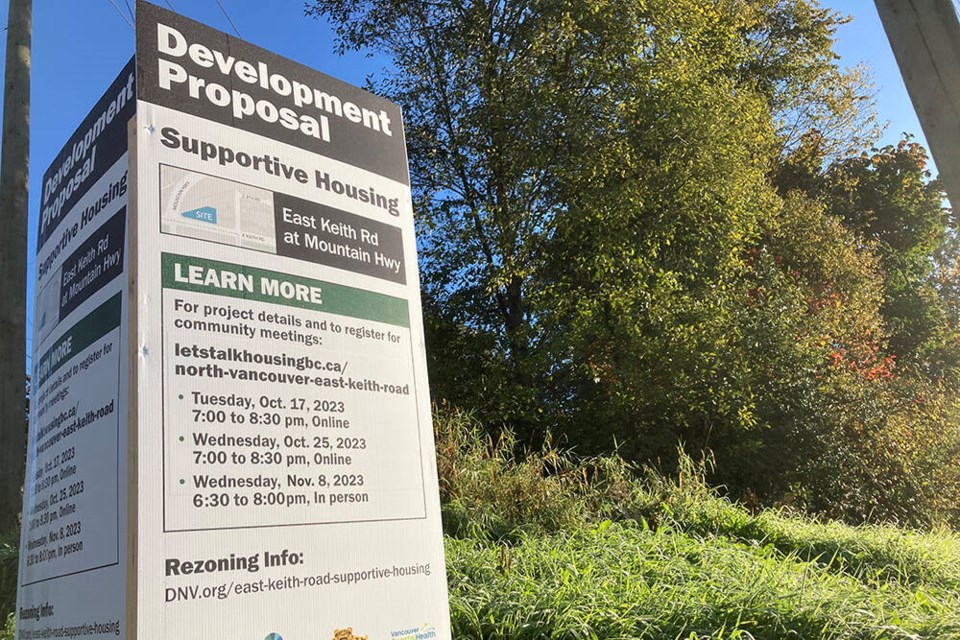When it comes to the usefulness of public hearings, opinions are split.
In a regular meeting April 8, District of North Vancouver council voted to schedule a workshop with Renovate the Public Hearing Project, an initiative to increase trust in municipal governments in partnership with Simon Fraser University and the British Columbia Law Institute.
While there was unanimous support to engage with the project, council’s views differed on what public hearings ought to achieve, as well as their usefulness altogether.
Coun. Catherine Pope, who brought the motion forward, noted that the public hearing partnership began before the provincial government changed the laws around public hearings, with the goal of speeding up zoning approvals.
Under the amended housing law, B.C. municipalities won’t be allowed to hold public hearings for proposals consistent with an existing official community plan, or where a proposed bylaw relates to small-scale, multi-family developments.
“However, we still need to know what the community thinks about issues: the wastewater treatment plan, the budget, transportation infrastructure spending,” Pope said.
The councillor pointed to information from SFU stating that public hearings are often viewed as “performative exercises that exacerbate societal divisions and leave people angry or apathetic toward local government.”
“Now, I believe that apathy is a big reason why only 22 per cent of voters cast ballots in the last election,” Pope said. “And so what this workshop will provide, I hope, is evidence-based ideas for gathering feedback from communities, and greater involvement from the public in municipal decision making.”
In particular, she said the initiative is about reaching community members council doesn’t usually hear from.
“I saw this happening when we were having the public hearings on Keith Road [affordable housing] with the voices we hardly heard from, which were the people that were the most affected – the homeless and the people who are extremely vulnerable – who had tremendous hurdles to have their voices heard in this forum,” Pope said.
Despite public dissent, council can still be swayed by 'logic of the argument,' mayor says
Coun. Lisa Muri said she is always in favour of opportunities for community members to speak with their elected officials. People feel like governments listen during an election, but stop after they’re elected, she said.
“That’s why [voters are] apathetic, because they just feel like it’s a waste of time,” Muri said.
Information provided by the B.C. Law Institute indicated widespread dissatisfaction with the current public hearing requirements, which critics say result in cost, wasted time and sometimes trauma.
“I don’t think listening to people is a waste of time,” Muri said. “If you’re talking about a $25-, $30-, $40-million project, is $100,000 on a process too much to sit and go through a public hearing process?”
Mayor Mike Little said public hearings are a “tricky issue” for him.
“I fully agree with what Coun. Muri said, but the one different conclusion I come to from it is that we can still be swayed by the logic of the argument. And it’s not necessarily the passion of the room,” he said. “We can still calm down, look at the situation and come to a conclusion that is hopefully based on our experience, the input that we’ve had, the expert advice we’ve had, the community’s response.”
“We’ve had some controversial ones where 1,000 people were opposed to something, and we still recognize the overwhelming good that that project can do in the community, and we voted for it,” Little said.
Little also expressed doubt that individual municipalities should have their own public hearing processes.
“So I think it is something that should come from the provincial government,” he said.




